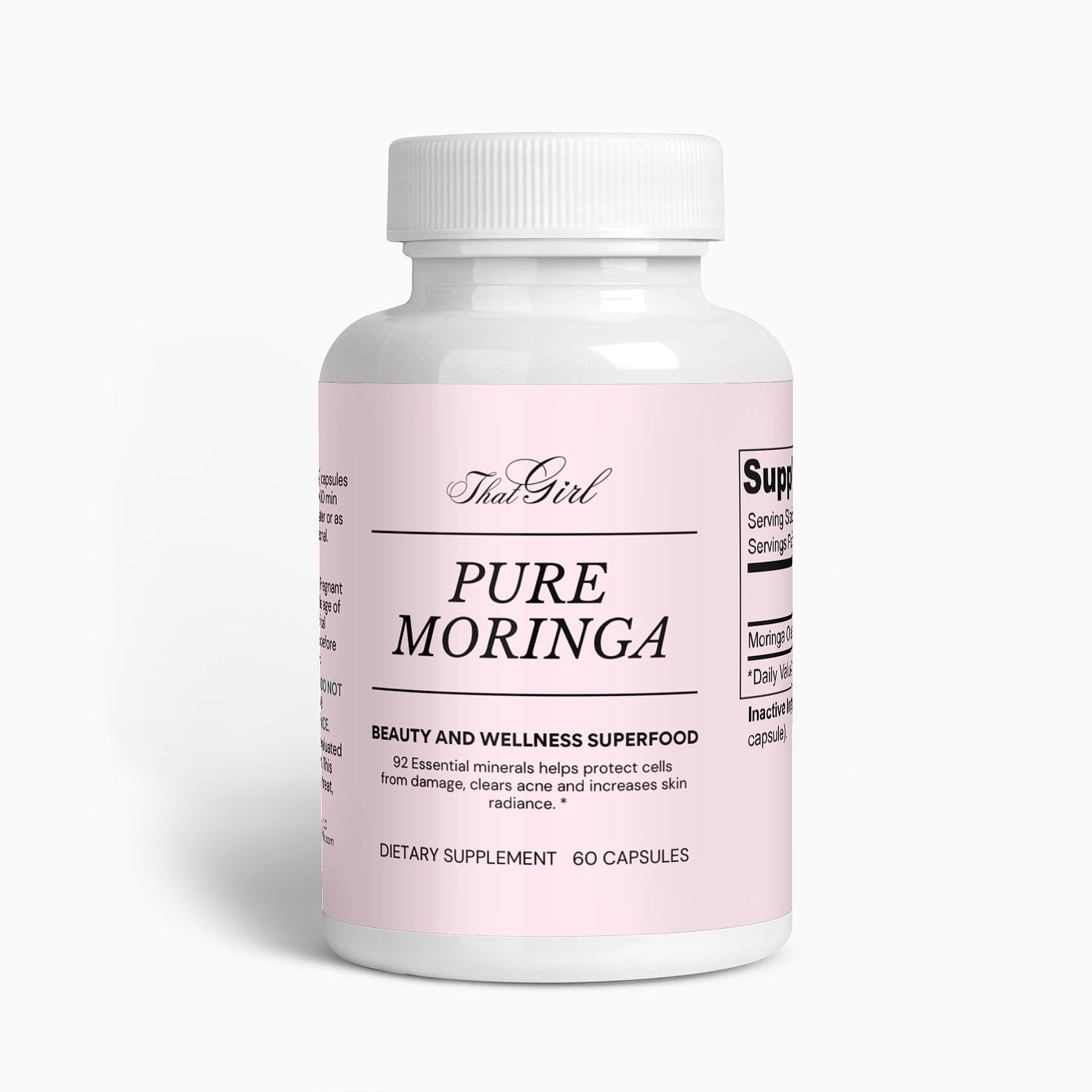Premenstrual Dysphoric Disorder (PMDD) is a severe form of premenstrual syndrome that affects approximately 2-5% of menstruating women, leading to significant emotional and physical symptoms in the luteal phase of the menstrual cycle.
While conventional treatments are available, many seek natural remedies to alleviate their symptoms. Incorporating specific supplements into your daily regimen may offer relief.
Here are the top five supplements known to help manage PMDD symptoms:
1. Magnesium Glycinate
Magnesium plays a pivotal role in muscle relaxation and nerve function. Supplementing with magnesium can help alleviate physical symptoms of PMDD, such as cramps and breast tenderness, by relaxing smooth muscle and reducing cortisol levels. A daily intake of 250mg is often recommended.

2. Calcium
Adequate calcium intake has been linked to a reduction in both physical and emotional symptoms of PMDD. Supplementing with calcium can help alleviate symptoms like fatigue, appetite changes, and depression. A daily dose ranging from 500mg to 1200mg during the luteal phase is suggested.
3. Vitamin B6
Vitamin B6 is involved in neurotransmitter production, which plays a significant role in mood regulation. Supplementing with Vitamin B6 may help alleviate psychological symptoms of PMDD, including moodiness, irritability, and anxiety. A daily intake of 50 to 100 mg is recommended.

4. Omega-3 Fatty Acids
Omega-3s are known for their anti-inflammatory properties and have been shown to help reduce mood-related symptoms associated with PMDD. A daily dose of 500mg to 2000mg is recommended.
5. Reishi Mushroom
Reishi mushrooms have been traditionally used to promote relaxation and improve sleep quality. Incorporating Reishi supplements can help manage stress and anxiety associated with PMDD, contributing to overall symptom relief.

Before starting any new supplement regimen, it's essential to consult with a healthcare professional to ensure safety and appropriateness for your individual health needs.
Combining these supplements with a balanced diet, regular exercise, and stress management techniques can provide a comprehensive approach to managing PMDD symptoms.






